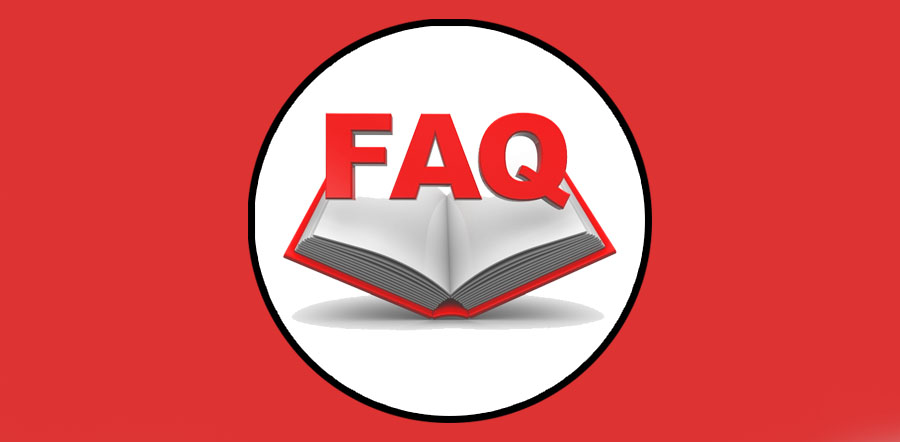TCA-C01
Get the Guaranteed Success in Tableau TCA-C01 Exam Easily
| TCA-C01 Exam Dumps PDF + Practice Test | |||
| Exam: | TCA-C01 | ||
| Exam Name: | Tableau Certified Architect Exam | ||
| Certification(s): | Tableau Certified Architect | ||
| Questions: | 200 Questions Answers | ||
| Last Updated: | Feb 04,2025 | ||
| Price: | Was: $85 Today: $59 | ||
Check Free Demo Before Buy
$ 79.00 Original price was: $79.00. $ 59.00 Current price is: $59.00.
“The TCA-C01 practice test is something that You’re looking for a very long time is here !”
Pass your Tableau TCA-C01 Exam with the Latest QuizDumps TCA-C01 PDF Questions and Answers. QuizDumps provides [Authentic , Updated and Real] TCA-C01 Braindumps that are prepared and verified by IT experts. If you want to get high marks then start your preparation now with QuizDumps Study Material.
1: Download Q&A PDF
You can easily download the TCA-C01 Questions Answers PDF file for the preparation of Tableau Certified Architect Exam and it is especially designed for Tableau TCA-C01 exam and QuizDumps prepared a list of questions that would be asked in the real TCA-C01 exam.
2: Prepare Questions Answers
Use QuizDumps's TCA-C01 exam dumps PDF and prepare Tableau Certified Architect Exam TCA-C01 Questions Answers with 100% confidently. We offer 100% real, updated and verified exam questions and answers tested and prepared by experts to pass Tableau TCA-C01 exam.
3: Pass Your Exam
After your preparation for Tableau Certified Architect Exam TCA-C01 exam by using QuizDumps's exam material kit you will be ready to attempt all the TCA-C01 questions confidently which will make 100% guaranteed your success in the first attempt with really good grades.
-
RCNI
RUCKUS Certifications
Updated: 2024-12-20 54 Questions -
AI-102
Azure AI Engineer Associate
Updated: 2024-11-29 321 Questions -
HPE7-A01
HP Aruba
Updated: 2024-10-19 119 Questions -
C_THR87_2405
SAP Certified Associate
Updated: 2024-09-13 80 Questions -
MB-700
Microsoft Certified 365 Fundamentals
Updated: 2025-02-05 295 Questions -
700-240
Channel Partner Program
Updated: 2024-10-29 40 Questions -
500-490
Advanced Enterprise Networks Architecture Specialization
Updated: 2019-06-16 35 Questions -
1Z0-134
Oracle WebLogic Server 12c
Updated: 2020-07-25 125 Questions
Main points of Tableau TCA-C01 Test
The Tableau Certified Associate (TCA) - C01 exam focuses on demonstrating foundational knowledge and skills in using Tableau Desktop. The main points covered can be categorized as follows:
I. Connecting to Data:
- Various Data Sources: Connecting to and working with different data sources like Excel, text files, databases (SQL Server, MySQL, etc.), and cloud-based sources (e.g., Salesforce, Google Sheets). Understanding different connection methods is key.
- Data Interpretation: Understanding data types, identifying and handling missing data, and recognizing data inconsistencies.
II. Data Preparation and Cleaning:
- Data Cleaning: Identifying and handling outliers, errors, and inconsistencies within the data.
- Data Transformation: Using calculations to create new fields, modify existing fields (e.g., date parsing, string manipulation), and aggregate data. Understanding the different calculation types (aggregate vs. row-level) is crucial.
- Data Blending: Combining data from multiple sources while understanding the limitations and join types.
- Data Wrangling: Preparing data for analysis, including pivoting, filtering, and other data restructuring techniques within Tableau Prep (if covered in your preparation).
III. Building Visualizations:
- Chart Selection: Choosing appropriate chart types (bar charts, line charts, scatter plots, maps, etc.) based on the data and the questions being answered.
- Dashboard Creation: Building and arranging dashboards to effectively communicate insights.
- Storytelling with Data: Creating narratives through visualizations and dashboards.
- Sheet Organization: Arranging worksheets and visual elements effectively.
IV. Analyzing and Interpreting Data:
- Data Exploration: Using Tableau's interactive features to explore and understand data patterns.
- Filtering and Highlighting: Effectively using filters, highlighting, and other interactive elements to isolate specific data points and insights.
- Understanding Key Metrics: Calculating and interpreting important metrics relevant to the dataset.
- Identifying Trends and Patterns: Recognizing trends and patterns within the data visualized in the charts and dashboards.
V. Sharing and Publishing:
- Exporting Work: Understanding how to export visualizations in different formats.
- Publishing to Tableau Server/Online (Basic): A basic understanding of publishing workbooks (if covered in your preparation, the depth may be limited).
In short: The exam tests your ability to connect to data, prepare it for analysis, create effective visualizations, and interpret the results. A strong understanding of data types, calculations, chart selection, and dashboard design is paramount for success. Remember to practice with diverse datasets and different visualization scenarios to ensure you're comfortable with the concepts. Official Tableau training materials and practice exams are highly recommended.
Comments

